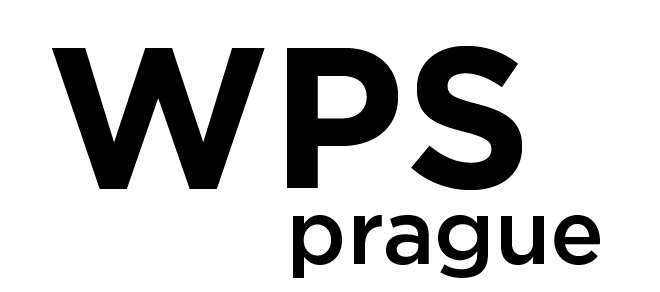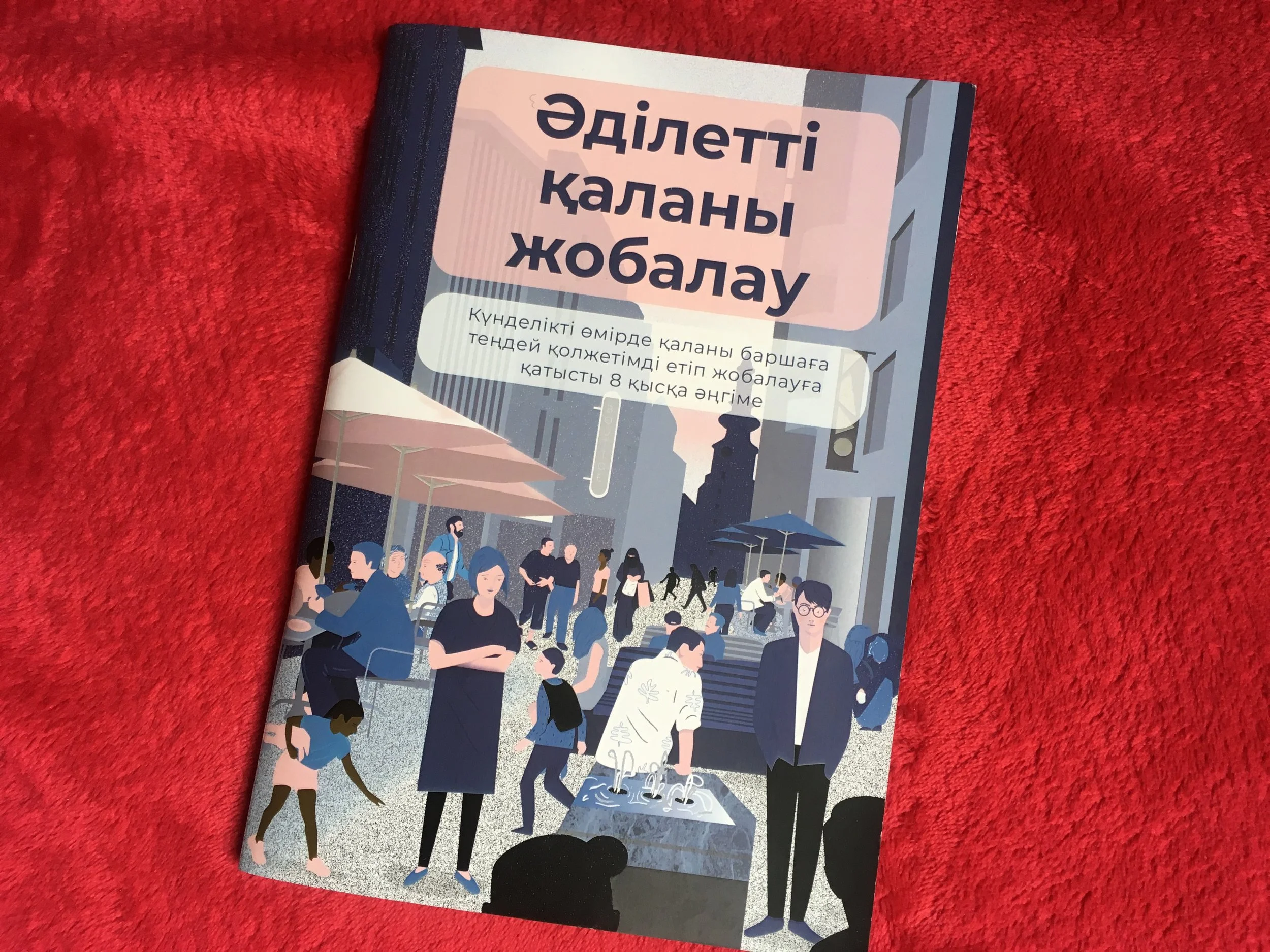Garden was my main motivation. Even at times I didn‘t know I would ever be a farmer I wanted to have a sufficient space for producing my own food. I wanted to be at home even after I closed the doors. Currently, there are not many ecological technologies ready for flats, so house has many advantages. We heat with wood, isolation was done with natural materials and we recycle trash water in the natural root cleaner. Low housing prices were of course another factor, although this has been changing recently.
‘‘This fear was transmitted to us through our parents who told us stories of our neighbors spying on us and reporting each other for small things like tearing the newspaper with the portrait of Stalin or using it as a toilet paper in the bathroom. I also think it is a generational issue. Young Kazakhs grew without it and these are the people who drive change. Older people will be more afraid to raise these topics, so I think it must go to younger people who are without fear, more globalized and better educated.’’’
Street prostitution is usually a priority for displacement from gentrifying neighbourhoods. Focusing on Alhambra neighbourhood in Brussels and Józsefváros in Budapest, this research delineates the measures taken by local governments, police and other local actors to displace street prostitution. The research aims at identifying those measures, reflecting upon their implications and investigating the outcomes of the same. Simultaneously, changes in the urban landscape and regulations aimed at displacing prostitution, as well as changes in the landscape of street prostitution, are documented and mapped. Noting these processes and occurrences, I conclude by elaborating on recommendations collected throughout the research that address the local government.
On April 26 2019 in Almaty, Urban Forum Kazakhstan introduced the translation of the Kazakh language into the book "How to Design a Fair Shared City?" and met with the editor of the book. The work of the Czechoslovakia based urbanist Milota Sidorova is based on comic-book stories following needs of diverse city's inhabitants that are not always taken into account when designing streets and sites in the city. Urban Forum Kazakhstan has invited Milota to launch the book that was translated into Kazakh (by Erter Orazay) to Kazakhstan to introduce also her works and perspectives on public space to local readers. Presentation of this book was organized by WPS Prague and Almaty's Landstudio Architecture Bureau.
What makes up the daily life of the woman who lives in the North Caucasus? What does her sense of self consist of? What are her fears, dreams, and attitudes toward career, family life and relationships? What kind of changes she would like to see and bring about in her life? The research of Heinrich Boell Foundation «Life and the Status of Women in the North Caucasus» was conducted as a serious attempt to answer these questions.







‘‘To us, this poses the question about how to utilise, reuse and delay water as a resource and for irrigation. Pipelines are old and outdated, too many creeks have been piped, and too many areas have hard surfaces. With sunlight we must ask ourselves – where can we collect solar energy and utilise it to create energy?’’